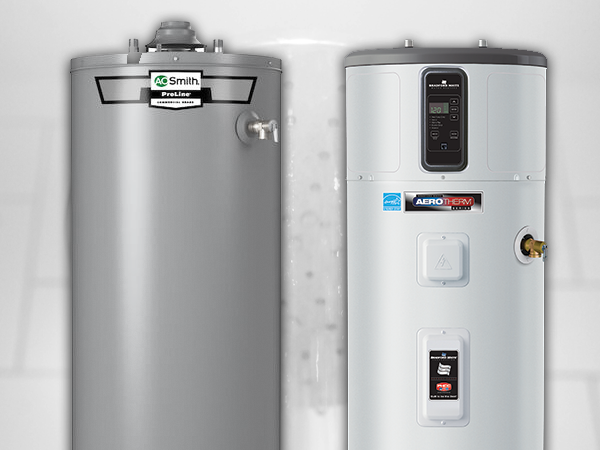Over 19,000 water heaters are replaced every day! On average, a water heater lasts from 7 to 10 years; a large city such as Boston may see several thousand water heaters replaced each year. Water heaters are not only a common plumbing malfunction – they can be dangerous when they do malfunction. The Consumer Product Safety Commission recently said that someone gets injured or killed from a water heater explosion almost every day.
Common causes of water heater problems
Common causes for problems include:
- Sediment build-up. Sediment comes from dirt, mineral depositts, and rust. It can burn out the heating elements and cause overheating, resulting in wasted energy. Although Boston water is generally soft, hard water can lead to rust and hard water scale. Your plumber can help you make sure you are choosing a water heater that is most likely to resist premature rusting.
- Improper water heater installation. The only way to know if your hot water heater is properly installed is to have a qualified plumber inspect the system for code violations (or install it in the first place!)
- External leaks. If a leak develops on the outside of the water heater, the water heater will often rust from the outside in. This destroys even a newly installed water heater prematurely. It also can corrode electrical connections and cause a dangerous electrical shock.
Is your water heater worn out?
Even the best-maintained water heater will eventually need to be replaced. Here are some signs that your water heater is worn out:
- Frequent repairs. You may need to hire a plumber occasionally to replace a water heater component, and your water heater should be inspected and serviced at least once a year. But if you’re scheduling repairs many ties a year, a new water heater is a good investment.
- High energy bills. If your energy and water usage hasn’t changed but your energy bills continue to increase, ask your plumber If your water heater is the source of the problem.
- Your water isn’t hot enough. This can happen when sediment has accumulated in the water heater’s storage tank. Over time, warm water causes minerals to separate from the water in the tank and settle at the bottom of the tank. The sediment can form a barrier between the burner and the water. The heating element struggles to heat the water as the sediment builds up, and your water heater could stop working entirely.
- Rusty water. If red-tinged water is flowing out of your faucets, rust in the water heater is likely the culprit. Both old and new water heaters can develop rust, and you may need to replace the water heater to solve the problem.
